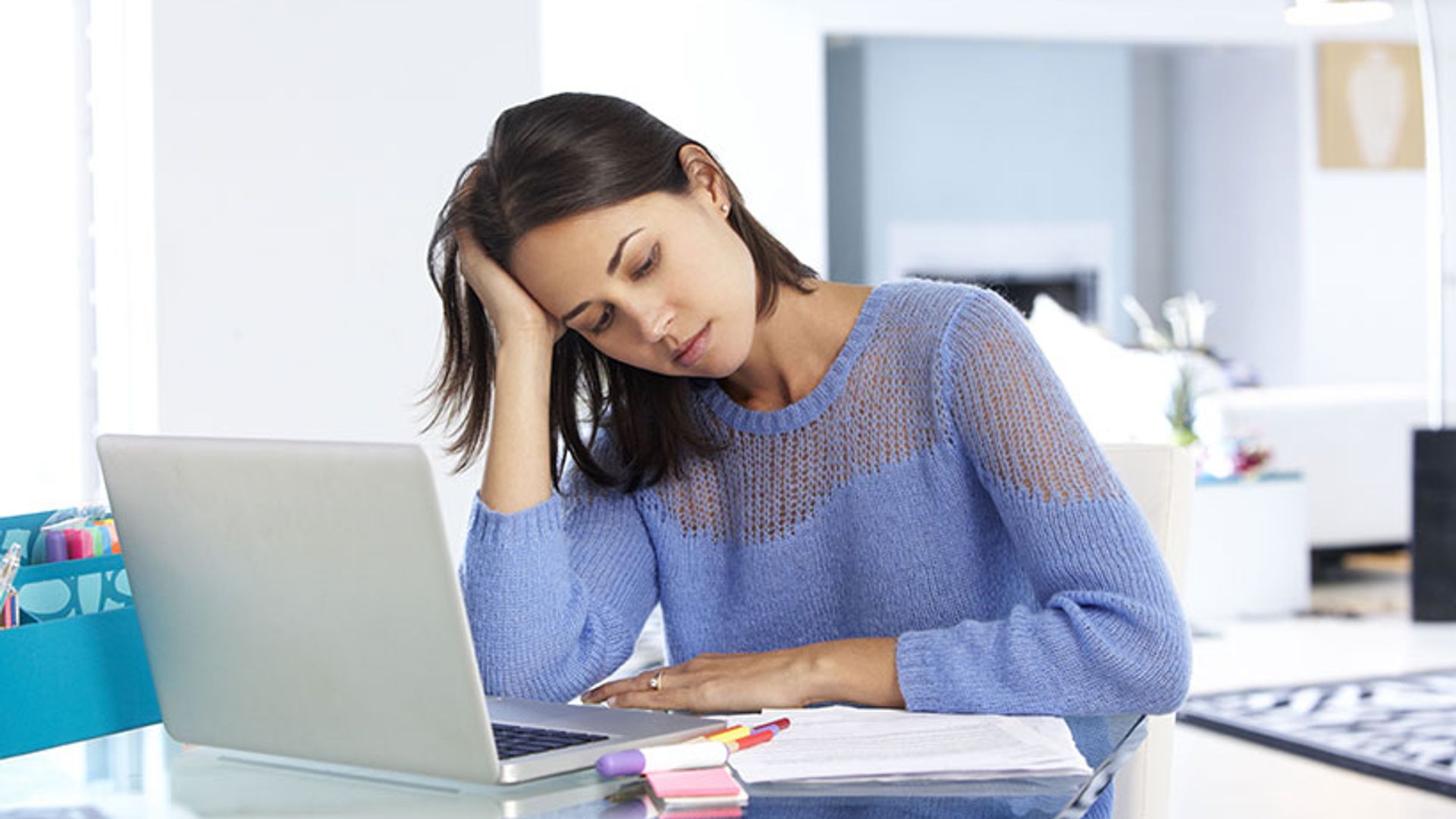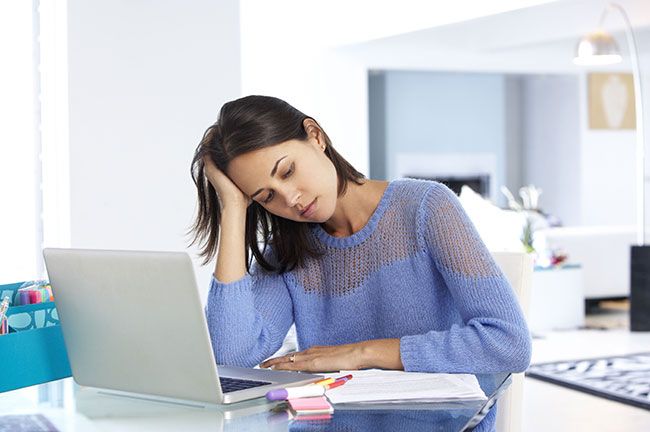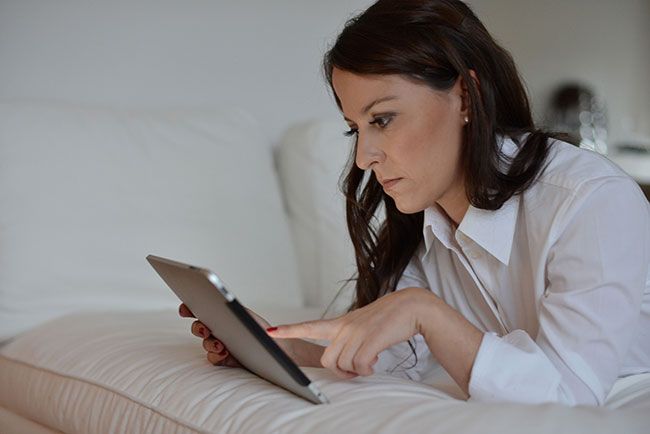Stress is inevitable, but if you're struggling to cope it could leave you feeling overwhelmed and exhausted, as well as taking its toll on your health. Luckily, there are easy changes you can make to your lifestyle to help you manage it better.
HELLO! caught up exclusively with Moddershall Oaks Spa Director Penny Holland to find out her top tips for managing stress…
There are easy ways you can manage stress
Stress can affect us all in many different sorts of ways
It's important to identify something that is effective for you personally. If you sit at a desk all day, it’s important to find ways to be active. Movement is medicine for the mind, as it produces a chemical which stimulates growth and proliferation of brain cells, which in turn helps to reduce feelings of stress or anxiety.
1. Try try finding 10 minutes a day to just sit down and daydream
When we take the attention off everyday life and allow our brain to shut off the areas that help us talk, eat, move and work, we then have access to a whole other level of wisdom.
2. Don’t be afraid to talk to others
Sharing your problems can help mentally ‘unburden the load’ so to speak. There's nothing worse than suffering in silence. Your friends and family can help to reassess priorities and contribute to stress management. Never underestimate real quality time with the people that are important to you.
Stress can leave you feeling overwhelmed and exhausted
3. Allocating time to doing not very much at all is of great importance to our wellbeing
Whether this is reading a book, looking out at a view or treating yourself to some time out in a quiet place, the difference it can make to how you feel is incredible. Engaging in healthy activities, getting the right amount of sleep and eating well balanced meals can help put problems in perspective and allow stressful feelings to subside in just a few weeks.
4. Breathing is important
Concentrating on something simple will actually help cleanse the brain of unhelpful thoughts and feelings that enter our minds when we find ourselves faced with stressful situations. Try making yourself as comfortable as you can, whether standing, sitting or lying down. Let your legs be straight, or bend your knees so your feet are flat on the floor. Take a deep breath in through your nose and out through your mouth, repeating regularly each time for 3 seconds. Remember not to let your mind wander!
5. Steer clear of certain foods
Whilst it’s obvious that there are certain foods to steer clear of – think high-calorie, high-fat and high sugar foods – there are some that could surprise you. Fruit juice contains a similar amount of sugar as full fat coke, and some granola bars have a higher effect on your blood sugar levels than white bread. Sugar may give you a temporary increase in energy, but that feeling will be short-lived because as soon as your blood sugar levels drop, you’ll begin to feel tired again.
Avoid going on your laptop or tablet before going to sleep
6. Switch to decaf coffee
You can still enjoy the taste without the caffeine hit. Of course it’s ok to have everything in moderation, so I suggest limiting yourself to an indulgent coffee or tea once a week and going de-caff for the other six days. This will cleverly trick your brain in to its daily caffeine fix without those tell-tale fluctuations in energy and alertness you might regularly experience throughout the day.
7. Set a reminder on your calendar
Allow yourself to take a break, even if it's just five minutes to de-clutter your desk or make a cup of tea. By sticking to a consistent routine each day, whether that be waking up, checking emails, walking the dog, or having a bath, allocating a specific amount of time to each item on you 'to-do' list will allow you to better break up your day, thus avoiding those ‘all hands on deck’ situations from arising.
8. Avoid your TV, laptop or phone within two hours of your bedtime
This will give your mind a chance to properly switch off. The bright screens of our electronic gadgets disrupts our body’s rhythm which in turn reduces our quality of sleep. Under no circumstances should you check your work emails before bed!
For more information head to moddershalloaks.com












